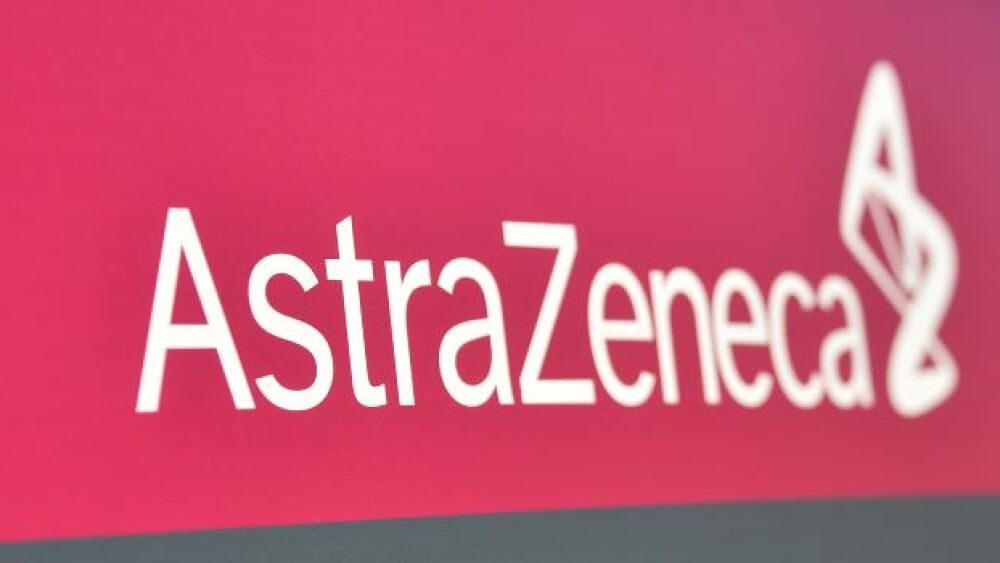An investigational asthma treatment, tezepelumab, under development by Amgen and AstraZeneca failed to reduce asthma patients’ dependence on corticosteroids.
Tezepelumab couldn’t perform well in phase III trials. (Nathan Stirk/Getty Images)
An investigational asthma treatment under development by Amgen and AstraZeneca failed to reduce asthma patients’ dependence on corticosteroids in a Phase III study.
On Monday, the two companies said the investigational asset tezepelumab did not meet its primary endpoint in the Phase III SOURCE trial assessing the drug’s ability to generate a statistically significant reduction of corticosteroid use on top of standard of care treatment in some asthma patients. The experimental drug, which has been seen as a key driver for Amgen, faeiled to meet the primary endpoint. However, the companies said Tezepelumab’s effect on other efficacy parameters was similar to those observed in previous studies, including the registrational Phase III NAVIGATOR study. In that study, tezepelumab demonstrated a statistically significant and clinically meaningful decrease in the annualized asthma exacerbation rate in patients with severe asthma, including those patients who had low levels of eosinophils, a type of inflammatory white blood cell. Following the success of the NAVIGATOR study, the two companies plan to seek regulatory approval of tezepelumab in severe asthma.
AstraZeneca and Amgen provided few details in their announcement. The two companies said further analysis of the data is ongoing and the two companies will provide detailed results on the SOURCE study at a future medical conference. The 48-week SOURCE study assessed tezepelumab in 150 patients who require the maintenance use of corticosteroids on top of their standard-of-care treatment.
David M. Reese, executive vice president of Research and Development at Amgen, called the results from the SOURCE study “surprising,” particularly in light of the Phase III NAVIGATOR study that yielded impressive clinical data and a strong reduction in asthma exacerbation rates. He said the SOURCE study results do provide important insights into the use of oral corticosteroids in the treatment of severe asthma. The research team will continue to explore those insights, he added.
“On initial review, the study design may have contributed to the results observed on the primary endpoint,” Reese said in a statement.
Tezepelumab is a potential first-in-class medicine that blocks the action of thymic stromal lymphopoietin (TSLP), an epithelial-derived cytokine that plays a key role across the spectrum of asthma inflammation. Expression of TSLP is increased in the airways of patients with asthma and has been correlated with disease severity. In 2018, the U.S. Food and Drug Administration granted Breakthrough Therapy designation for tezepelumab in patients with severe asthma, without an eosinophilic phenotype. Tezepelumab is a once-per-month injection.
AstraZeneca and Amgen initially forged a collaboration agreement for tezepelumab in 2012. Earlier this year, the companies updated the agreement, which has AstraZeneca leading development of the asset and Amgen leading manufacturing efforts. Under the amended agreement in North America, Amgen and AstraZeneca will jointly commercialize tezepelumab. Amgen will record sales in the U.S. and AstraZeneca will record sales in Canada. Outside the U.S., Amgen will record sales as collaboration revenue.
Featured Jobs on BioSpace





